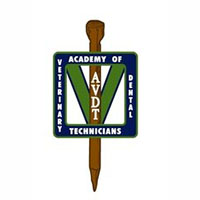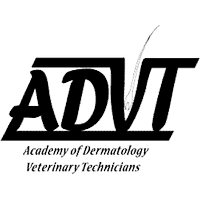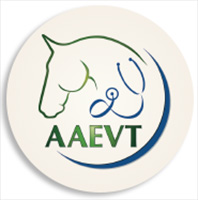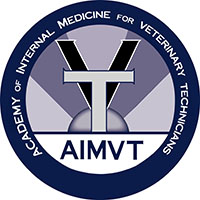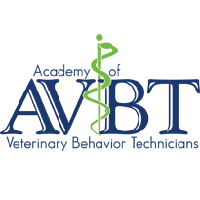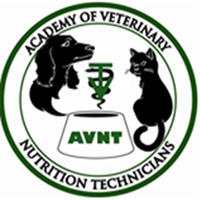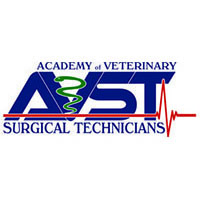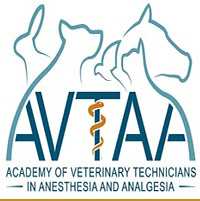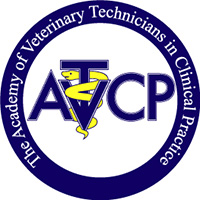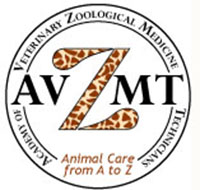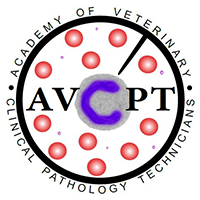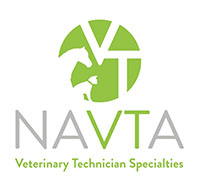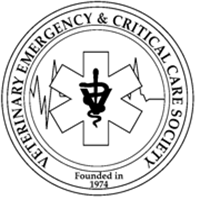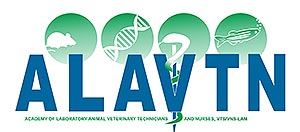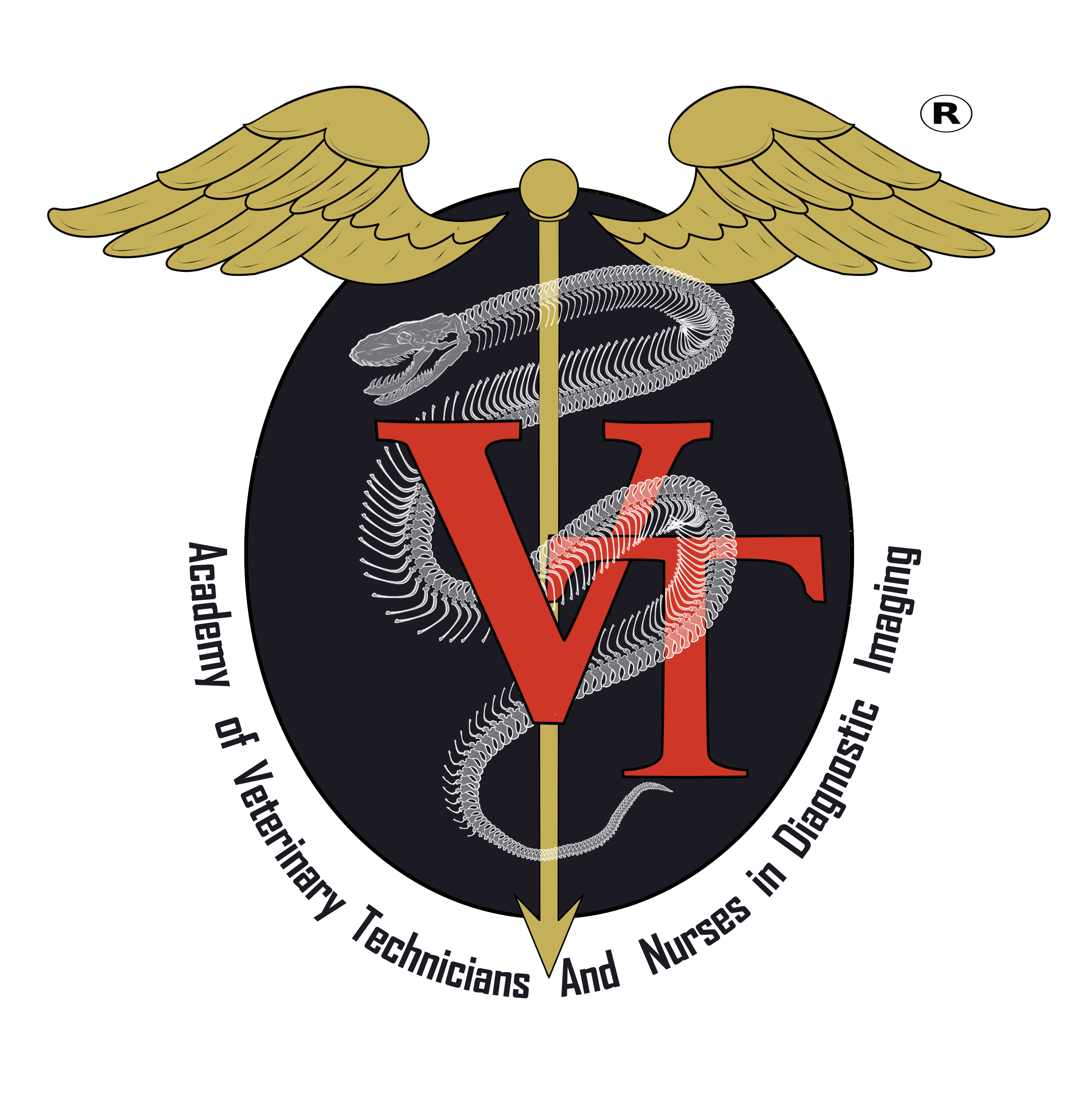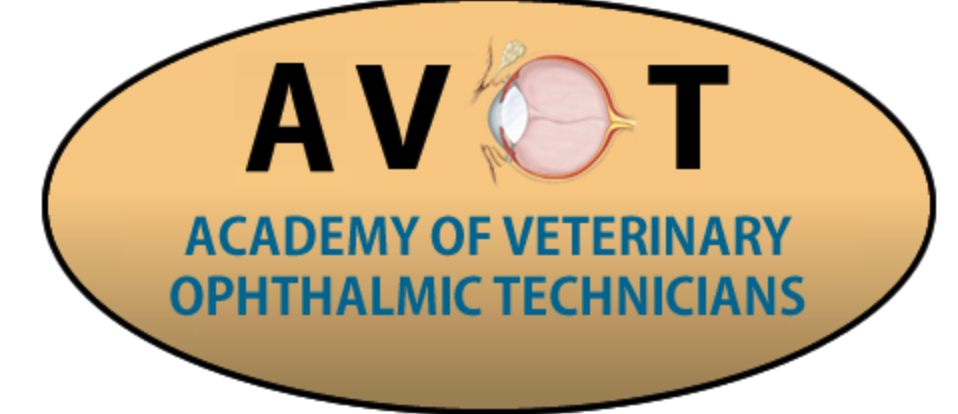Frequently Asked QuestionsWhy did we form the Academy of Veterinary Emergency and Critical Care Technicians?Over the past 20 years, veterinary medicine has seen a rapid growth in knowledge and technology. Technicians have naturally found themselves channeled into areas of specialization such as surgery, internal medicine and emergency and critical care, as they are more commonly working with veterinary specialists. The Academy of Veterinary Emergency and Critical Care Technicians was the first academy formed to recognize those technicians who have achieved a broad base of knowledge and skill in the area of emergency and critical care. How do technicians benefit from certification through AVECCT?AVECCT certification has become widely recognized since it’s inception in 1996. AVECCT promotes consumer protection, professionalism and excellence in emergency and critical care nursing. Many AVECCT members have found certification has provided career opportunities, and have moved into management, teaching, or speaking at veterinary conferences Many jobs currently advertised in emergency and critical care stipulate that having or qualified to apply for AVECCT certification is essential. Do I have to live in the United States to become AVECCT certified?Absolutely not! While AVECCT has it’s roots in the United States, we currently have members from Canada, Australia, the United Kingdom, and the Netherlands. In future years, we anticipate more interest from other countries. AVECCT is considered an international organization, and we welcome and encourage technicians from other countries to apply! I’m not quite ready to become a member, are there other organizations I can join?The Veterinary Emergency and Critical Care Society (VECCS) would be a great organization to join as you are planning your career. Go to VECCS.org for more information. What type of examination will be offered?The examination is multiple choice, however the examination committee may include oral examination, latent image, computer simulations or audiovisual aids as part of the testing process. What type of questions will be asked on the exam?The topics covered on the examination are those that are crucial to emergency and critical care nursing. Topics include, but are not limited to: anesthesia and analgesia; cardiovascular; respiratory; gastrointestinal (to include hepatic, acute abdomen, pancreatitis, and peritonitis); urinary; fluid, electrolyte and acid base; endocrine and metabolic; hemolymphatic and immunology (including oncology); neurologic; musculoskeletal; toxicology and pharmacology; reproductive; and miscellaneous triage and emergency care (burns, ophthalmology, envenomization, hyperthermia, hypothermia, and exotics). Ancillary diagnostic techniques will be included in each topic where appropriate. Anatomy and physiology, data collection/identification of problems will also be covered. The VTS(ECC) has to have an understanding of clinical techniques and how procedures are performed. Therefore, the examination will include indications, equipment needed, complications, and troubleshooting with regards to common clinical procedures. When will the exam be offered?We will offer the exam annually in conjunction with the International Veterinary Emergency and Critical Care Symposium. How do I prepare for the examination?The required work experience is the foundation for preparing for the examination. Maximizing opportunities to ask questions about cases that are of particular interest to you will enhance your knowledge, making studying for the examination much easier. For study material, we suggest reading journal articles or books and attending emergency and critical care seminars. |

